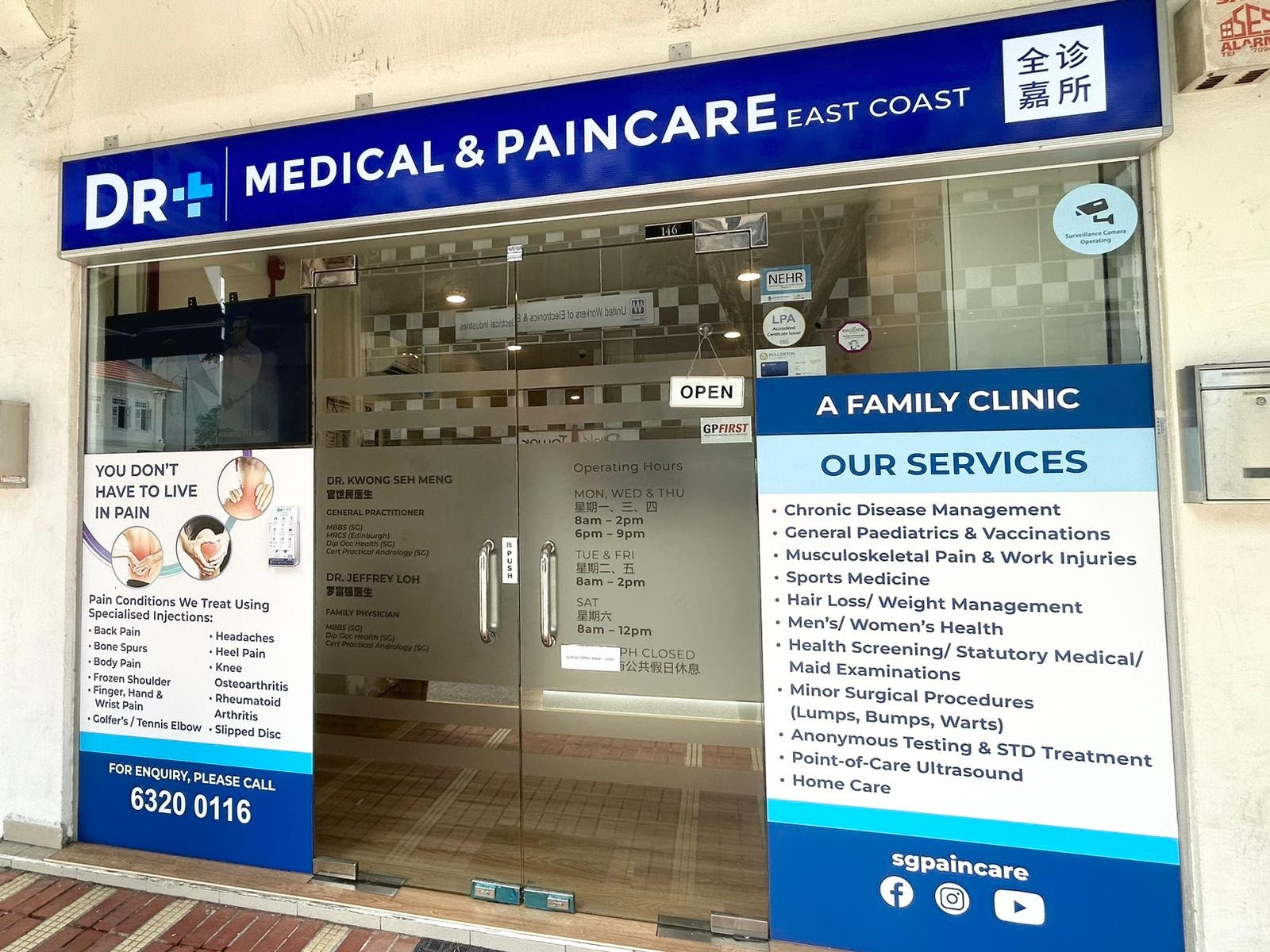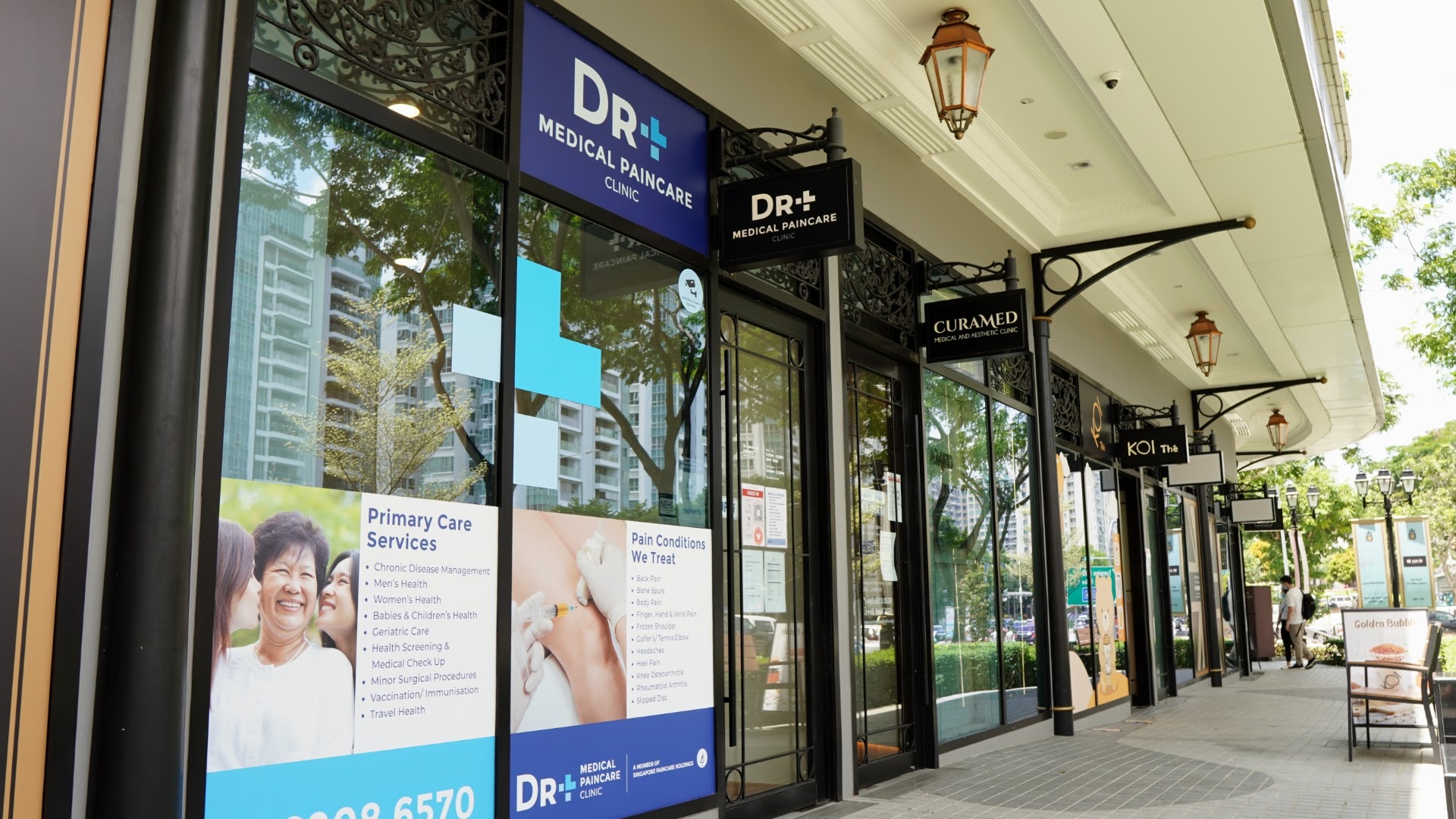Lasting Power of Attorney

Lasting Power Of Attorney (LPA)
An LPA is a legal document that allows an individual (known as “donor”) aged at least 21 years old to appoint one or more persons (known as “donee(s)”), to make decisions on their behalf in the event they lose mental capacity. This ensures that their personal welfare, property, and financial matters are managed according to their wishes. To create an LPA, the document must be certified by a certificate issuer, such as an LPA accredited doctor, lawyer, or registered psychiatrist.
For more information about how to apply for LPA, please visit here.
Benefits of Having an LPA
Ensuring your interests are protected:
An LPA ensures that decisions made on your behalf align with your preferences and values. It provides a safeguard against potential misuse or mismanagement of your assets.
Making important decisions on your behalf when you're unable to:
In situations where you’re incapacitated, the appointed donee can make decisions, from medical treatments to financial transactions, ensuring continuity in your affairs.
Providing peace of mind to your loved ones:
An LPA offers clarity and guidance to family members during challenging times. It eliminates potential disputes and uncertainties about your wishes
Plan Ahead For Your Peace Of Mind
Consult one of our DR+ today to start your planning.
Frequently Asked Questions
What happens if I move to another country after setting up an LPA in Singapore?
If you relocate to another country, the validity and recognition of your Singapore LPA may vary based on local laws. It’s advisable to consult with a legal professional in your new country of residence to understand how your LPA might be affected.
Can I have different donees for different aspects of my life, such as financial matters and health decisions?
Yes, you can appoint different donees for various aspects. For instance, one donee can handle financial matters while another looks after health and welfare decisions. Ensure this distinction is clearly specified in the LPA document.
How do I revoke an LPA if I change my mind?
To revoke an LPA, you typically need to complete a revocation form and submit it to the relevant authority. Inform your donee(s) about the revocation.
Is there a difference between an LPA and an Advance Medical Directive (AMD)?
Yes, while an LPA covers a broad range of decisions, including financial and personal welfare, an AMD specifically deals with medical decisions, particularly regarding life-sustaining treatment.
What safeguards are in place to prevent misuse of an LPA?
LPAs have several built-in safeguards. The involvement of a certificate issuer ensures the donor’s understanding and willingness. Additionally, donees have a legal duty to act in the donor’s best interests and can face legal consequences for misuse.
Can a donee be held accountable for their decisions?
Yes, a donee is expected to act in the donor’s best interests. If they misuse their powers or make decisions that harm the donor, they can be held legally accountable.
OUR CLINICS
- Mon, Wed, Thu: 8:00am – 2:00pm, 6:00pm – 9:00pm
- Tue & Fri: 8:00am – 2:00pm
- Sat: 8:00am – 12:00pm
- Sun: 10:00am – 1:00pm
- PH: Closed
988 Upper Serangoon Rd, Singapore 534733
- Mon to Fri: 8:30am – 2:30pm, 6:00pm – 10:00pm
- Sat & Sun: 8:30am – 12:30pm
- PH: Closed
-
(Kindly note that clinic’s last registration is 15mins before closing time.)
Thomson Imperial Court, Singapore 574424
- Mon to Wed: 8:30am – 10:00pm
- Thu: 8:30am – 3:00pm, 6:00pm-9:30pm
- Fri: 8:30am – 6:00pm
- Sat & Sun: 9:00am – 3:00pm
- PH: Closed
-
(Kindly note that clinic’s last registration is 15mins before closing time.)
- Mon, Wed & Fri: 8:30am – 12:30pm, 1:30pm – 4:30pm, 6:00pm – 9:00pm
- Tue & Thu: 8:30am – 12:30pm, 1:30pm – 4:30pm
- Sat: 8:30am – 12:30pm
- Closed on Sun & PH
-
(Kindly note that clinic’s last registration is 15mins before closing time.)
Need Advice On Your Condition?
Please fill out the form and we will be in touch with you shortly.




